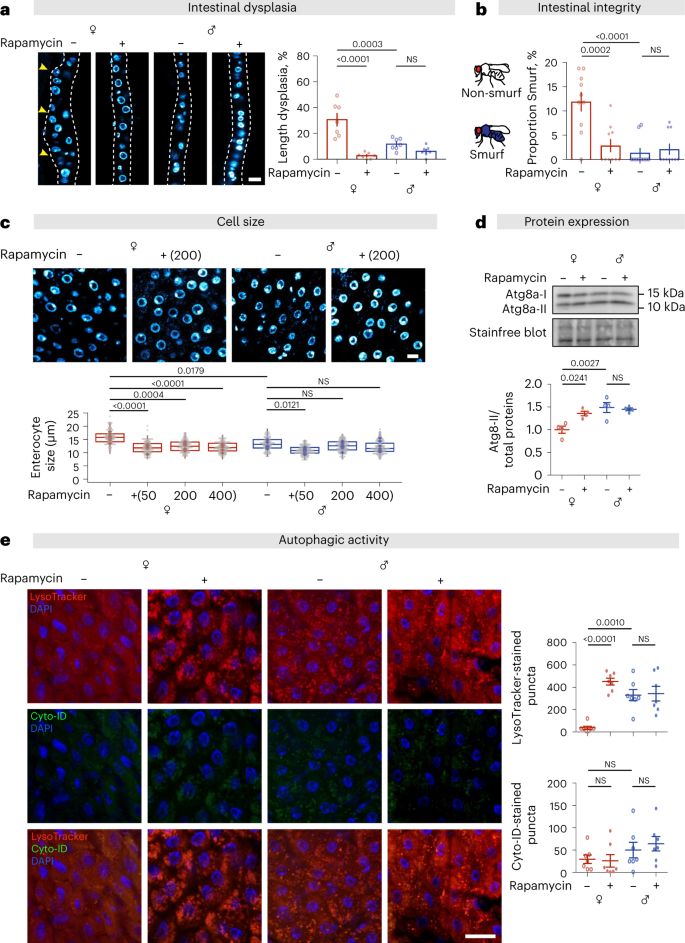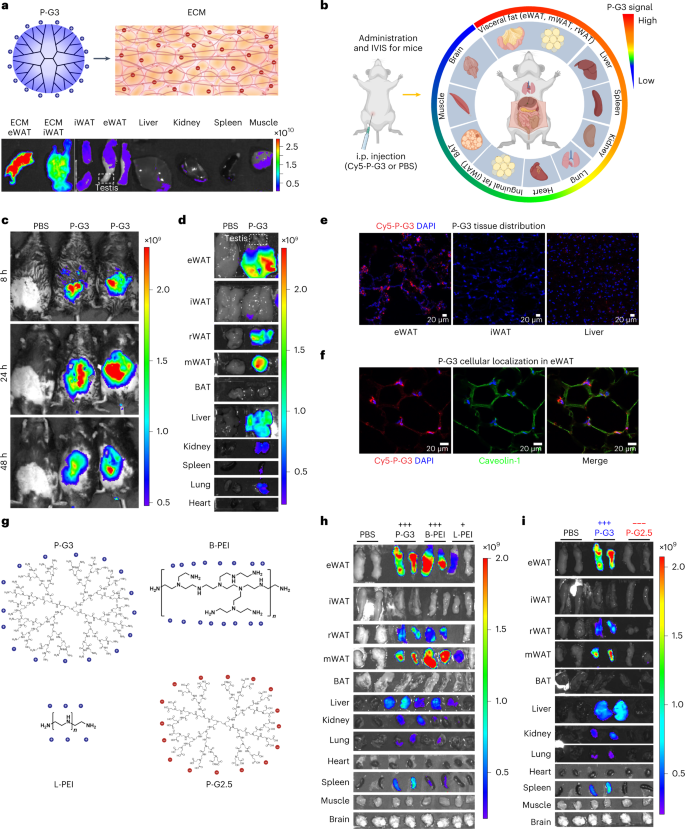老化防止薬「ラパマイシン」に対する反応が性別によって異なることが、ミバエの研究で明らかになった Studies in fruit flies reveal how the sex determines the responses to the anti-ageing drug rapamycin
2022-11-29 マックス・プランク研究所
研究者らは、老化防止薬のラパマイシンをオスとメスのミバエに投与し、男女の違いによる影響を調べた。ラパマイシンは、細胞増殖抑制剤や免疫調整剤で、通常、がん治療や臓器移植後に使用される。その結果、ラパマイシンはメスのハエでは寿命を延ばし、加齢に伴う腸の病変を遅らせるが、オスでは延ばさないことがわかった。
研究チームは、ラパマイシンが雌の腸の細胞でオートファジー(細胞の老廃物を処理する過程)を増加させることを確認した。しかし、男性の腸の細胞は、すでに基礎的なオートファジー活性が高く、ラパマイシンによってさらに高めることはできないようである。研究者らは、このラパマイシンの効果をマウスでも確認することができた。雌のマウスは、ラパマイシンによる治療後にオートファジー活性が上昇した。
<関連情報>
- https://www.mpg.de/19576910/1129-balt-do-women-age-differently-from-men-155436-x
- https://www.nature.com/articles/s43587-022-00308-7
腸細胞の性差がオートファジーを制御し、腸の健康、寿命、ラパマイシンに対する反応を決定する Sexual identity of enterocytes regulates autophagy to determine intestinal health, lifespan and responses to rapamycin
Jennifer C. Regan,Yu-Xuan Lu,Enric Ureña,Ralf L. Meilenbrock,James H. Catterson,Disna Kißler,Jenny Fröhlich,Emilie Funk & Linda Partridge
Nature Aging Published:01 December 2022
DOI:https://doi.org/10.1038/s43587-022-00308-7

Abstract
Pharmacological attenuation of mTOR presents a promising route for delay of age-related disease. Here we show that treatment of Drosophila with the mTOR inhibitor rapamycin extends lifespan in females, but not in males. Female-specific, age-related gut pathology is markedly slowed by rapamycin treatment, mediated by increased autophagy. Treatment increases enterocyte autophagy in females, via the H3/H4 histone-Bchs axis, whereas males show high basal levels of enterocyte autophagy that are not increased by rapamycin feeding. Enterocyte sexual identity, determined by transformerFemale expression, dictates sexually dimorphic cell size, H3/H4-Bchs expression, basal rates of autophagy, fecundity, intestinal homeostasis and lifespan extension in response to rapamycin. Dimorphism in autophagy is conserved in mice, where intestine, brown adipose tissue and muscle exhibit sex differences in autophagy and response to rapamycin. This study highlights tissue sex as a determining factor in the regulation of metabolic processes by mTOR and the efficacy of mTOR-targeted, anti-aging drug treatments.

